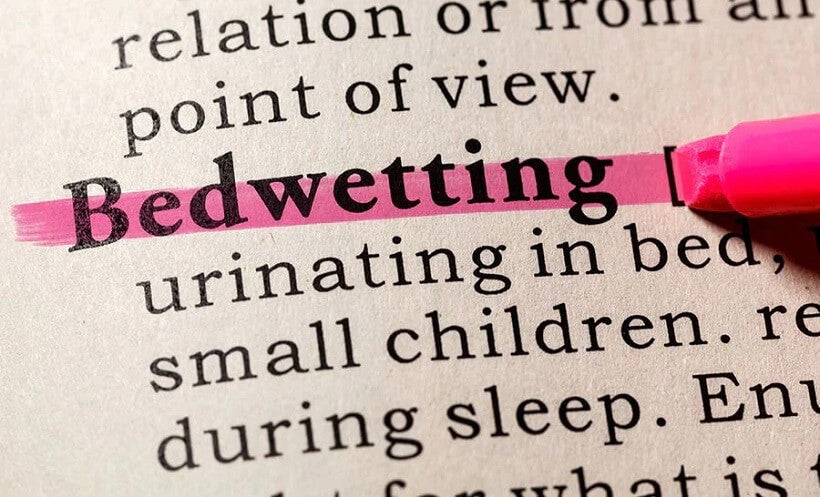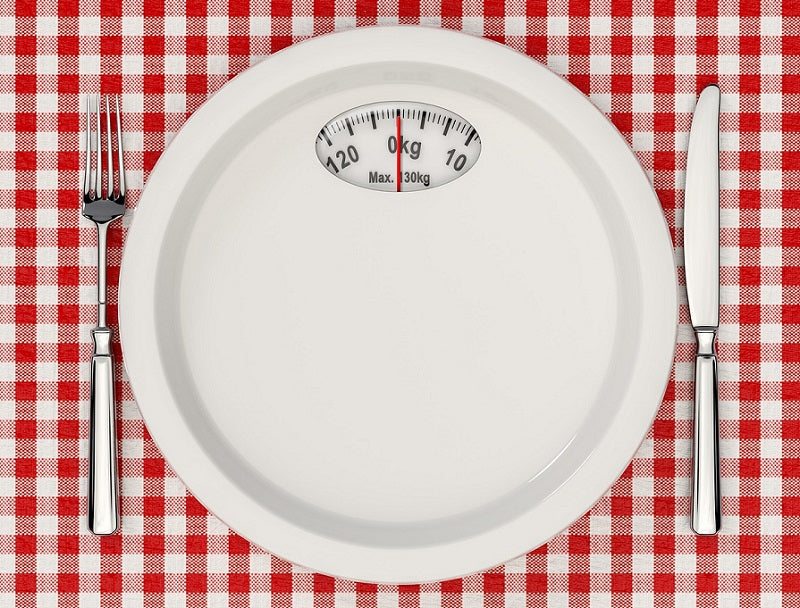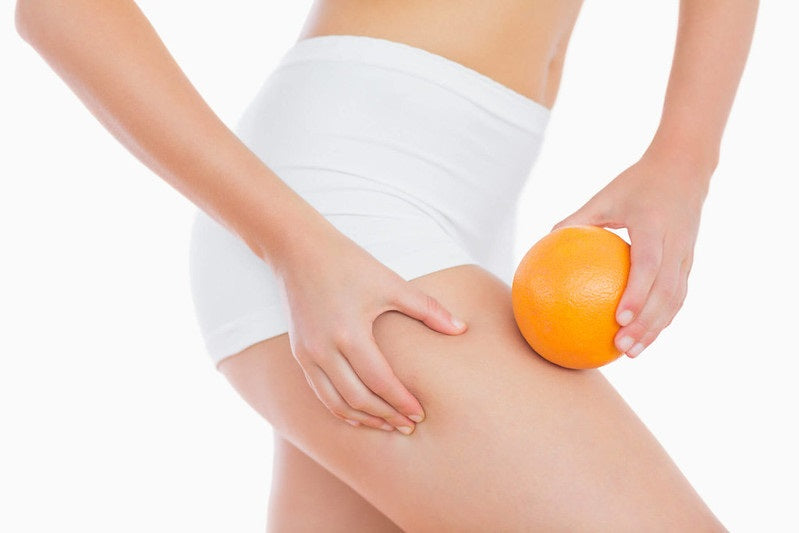Bedwetting (also called nocturnal enuresis) is a complex condition that can often be a source of worry for parents and children, creating extra stress for those involved. For parents, the main concern is often the emotional and social effects on their children. For the children, they can experience feelings of embarrassment, leading to low self-esteem and social confidence. Adding to the situation are other issues such as consequent sleep disruption, laundry workload and the frustration of not knowing how to help the child.
Bedwetting happens when the bladder empties without permission (involuntarily) during sleep. Usually, children will learn to have daytime control of the bladder first before they learn nighttime dryness. This development in children occurs at different rates, with some experiencing an occasional accident until the age of 7 or 8.
Bedwetting is very common with approximately
1 in 5 children in Australia.
What causes bedwetting?
The majority of enuretics (90%) do not have either anatomical or psychological problems causing the issue (contrary to popular belief). For most enuretics, the primary source of the issue is unusually deep sleep. This is normal among healthy children who have not learned to activate the appropriate reflex system during sleep.
Typically, when a person sleeps and pressure is built up inside the bladder, a signal is sent to the brain. Among enuretics, the signal is not recognized by the subconscious reflex system and instead of contracting the sphincter muscle (which is the circular muscle that keeps the bladder closed), the child relaxes the muscle and urinates during sleep.
There are five main causes of bedwetting:
- the inability to waken to a full bladder as the natural waking mechanism is not trained
- the bladder becomes overactive at night and cannot store urine
- the kidneys make a large amount of urine at night and the bladder has difficulty holding this
- Stress, pressure or tension that results from a demanding situation (emotional, physical, psychological or a combination)
- Some illnesses are linked with bedwetting; however, most children who wet the bed do not have major health issues
Bedwetting is NOT caused by:
- being young for your age
- laziness
- bad behaviour
- rebelliousness, or
- drinking after dinner
How can bedwetting be treated?
Behavioural treatment is considered the most effective therapy for bedwetting. The child undergoes a learning process that is designed to teach him to activate the continence mechanism. The child sleeps with an enuresis alarm which starts to ring when the child starts to urinate. The purpose of the ringing is to activate the reflex system and create a learning process.
In addition to bedwetting alarms which alert the child when there is a small leak detected in their underwear, other treatment options are available:
- Acupuncture/ Kinesiology/ CranioSacral Balancing to work on creating better communication between the urogenital system and the brain
- Homoeopathy to help to support constitutional weaknesses
- Being patient and also involving the child in the process of trying to resolve the problem
- Avoiding foods high in sugar as well as carbonated and caffeinated beverages that have a diuretic effect
- Encouraging regular bathroom visits during the day. (Your child should try to go at least 5 times per day and just before bedtime.)









Leave a comment
This site is protected by hCaptcha and the hCaptcha Privacy Policy and Terms of Service apply.